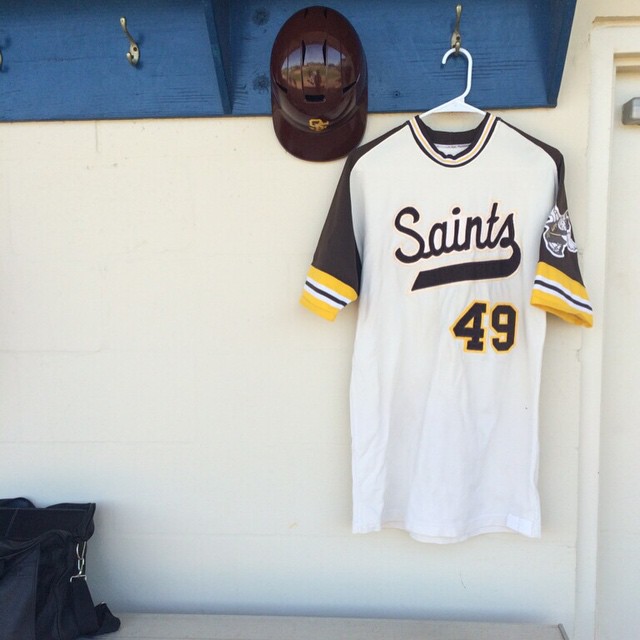Mentors Often a Success Factor

 I recently read an article addressing high school basketball players in Philadelphia. It stated that the mainstream media concentrates only on the players who don’t qualify for college academically. It then went on to talk about four recent college basketball players from Philly high schools who earned their college degrees and asked why doesn’t the mainstream media concentrate on them?
I recently read an article addressing high school basketball players in Philadelphia. It stated that the mainstream media concentrates only on the players who don’t qualify for college academically. It then went on to talk about four recent college basketball players from Philly high schools who earned their college degrees and asked why doesn’t the mainstream media concentrate on them?
I know nothing about the mainstream media except that it definitely concentrates more on the negative that the positive. Although I do not remember the exact results of the study, a Georgetown University group studied the nightly news for one hundred straight nights counting the negative news coverage versus the positive things covered. The results were something like for every 100 negative examples there were only 5, or even less, positive stories.
There seemed to be one recurrent theme among the four college graduates. They had mentors who believed in them and pushed them academically. They didn’t coddle them; they served them with tough-love.
I know a number of coaches both at the high school and college levels who care about their players beyond the narrow confines of a basketball court. Unfortunately, there are also some who only care if their players can help them win so they can enhance their winning legend.
I will always believe that the coaches who are concerned about the eventual careers of their athletes after graduation are the mentors who make a difference in the lives of their players. They are the real mentors.
I remember reading years ago about Vince Lombardi and the Green Bay Packers. He constantly talked to his players about what they were going to do when their football playing days ended. The longer he stayed at Green Bay, the more he could cite Packer alumni who were doing well, especially in the business arena.
I know athletes really appreciate mentors who are interested in their lives after sport and it is those coaches who become life-long friends of their players.
Is it any different for leaders in any field?
I have worked for educational and business leaders who genuinely cared about me and my family. They took the time to mentor me, most especially during my difficult times. They mentored me both professionally and personally. The end result – we have been life-long friends.
Leaders may want to think about how important their mentoring is and how it can result in life-long friendships.


